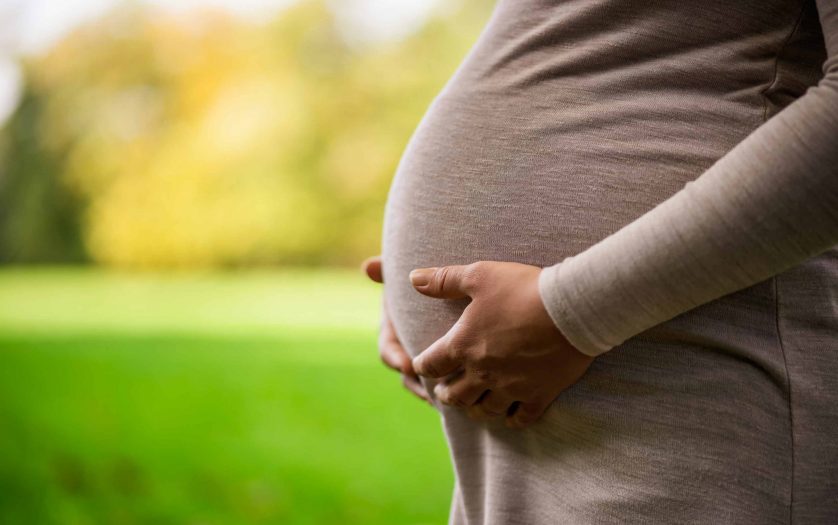
Women with disabilities feel the desire for motherhood as much as women without special clinical needs. Their fertility is often not impacted by disability and they can have children. However, several issues must be considered, depending on the physical, mental or developmental disability.
Women with a physical disability often experience higher risks of caesarean section, preterm birth, growth restriction and low birth weight when compared to controls. Women with intellectual or developmental disabilities are often young, unmarried, unemployed and have limited access to care. They often struggle following instructions or recognizing the conditions that require medical help. They are more likely to experience preeclampsia, diabetes, venous thromboembolism, cesarean delivery, infant low birth weight, preterm birth, neonatal intensive care unit admission, and perinatal death. Moreover, an association between psychiatric morbidity and alcohol abuse was proved by several pieces of evidence and it can cause serious damage to fetus and newborn causing Fetal Alcohol Spectrum Disorders. Fetus and the newborn of disabled mothers are exposed to specific risks depending on the mother’s conditions: the main risk fetuses are exposed to during pregnancy is exposure to drugs and therapies which cannot be suspended and whose effects over pregnancy are not known. Moreover, some conditions causing maternal disability could elevate the risk for the baby to be similarly affected. It is important that both women and men with disabilities could be provided with accurate, accessible, and understandable information about sexual health and options regarding contraception and reproduction.
It’s important for women with disabilities to have the chance to discuss sexual matters, pregnancy desires and concerns with healthcare providers so they can provide appropriate screenings, contraceptive services, preconception, and prenatal care. Among healthcare providers, midwives are the frontline healthcare professionals who have the role, the possibility and the education to perform influential counseling on women about lifestyles and reproductive health. The study was published in https://pubmed.ncbi.nlm.nih.gov








